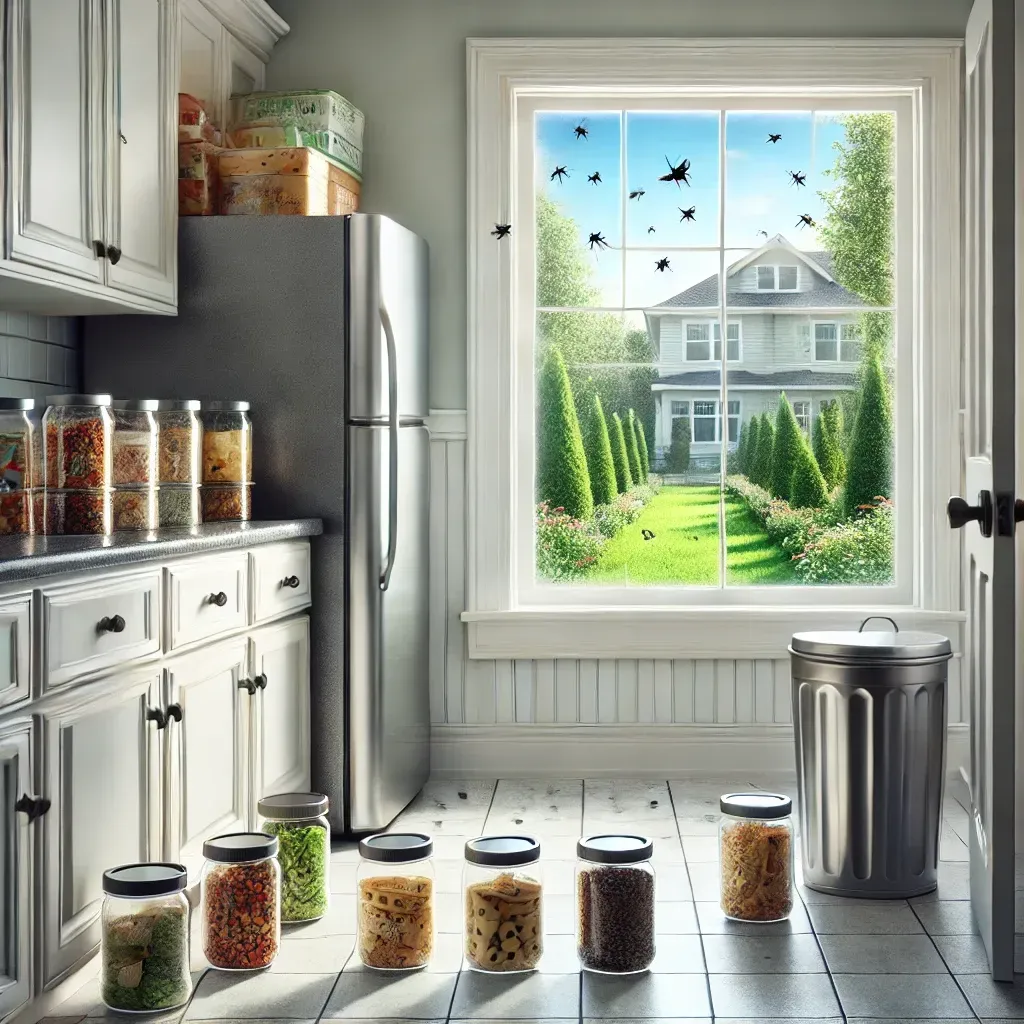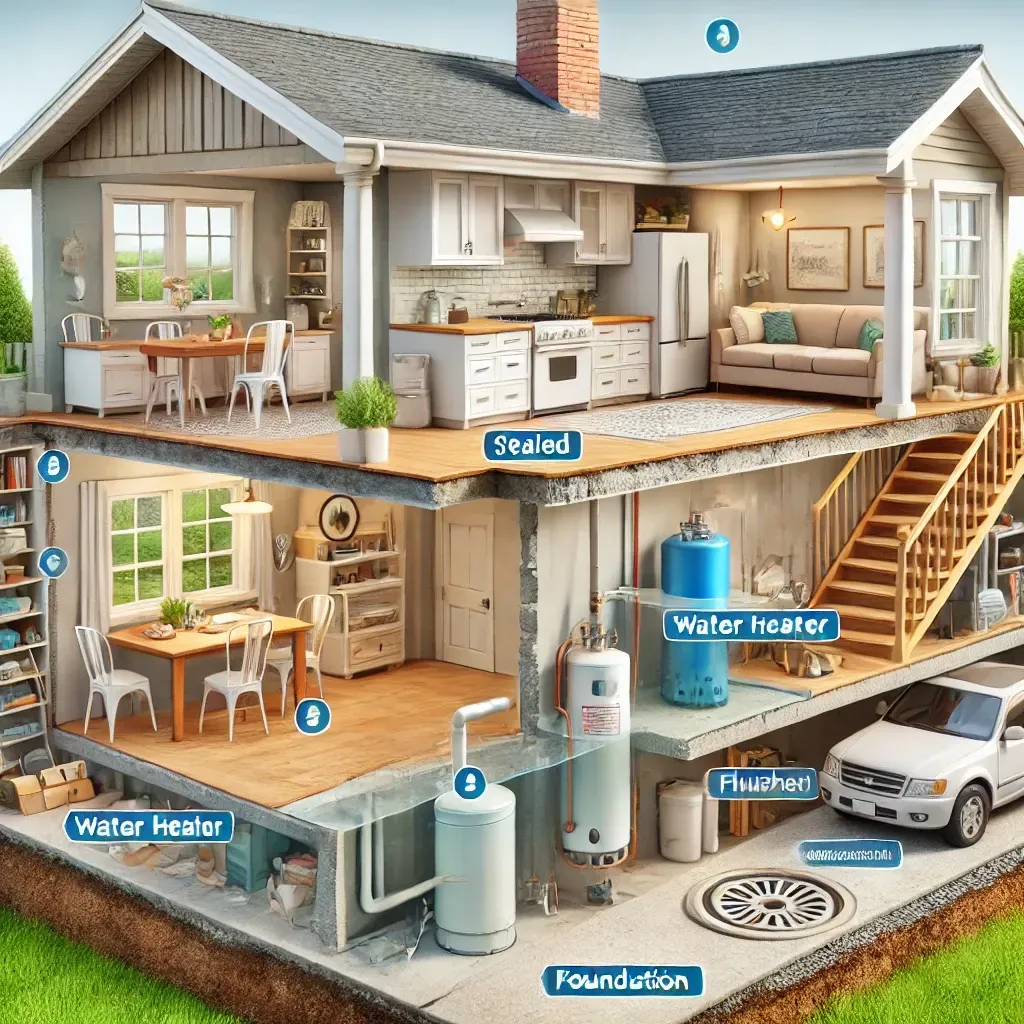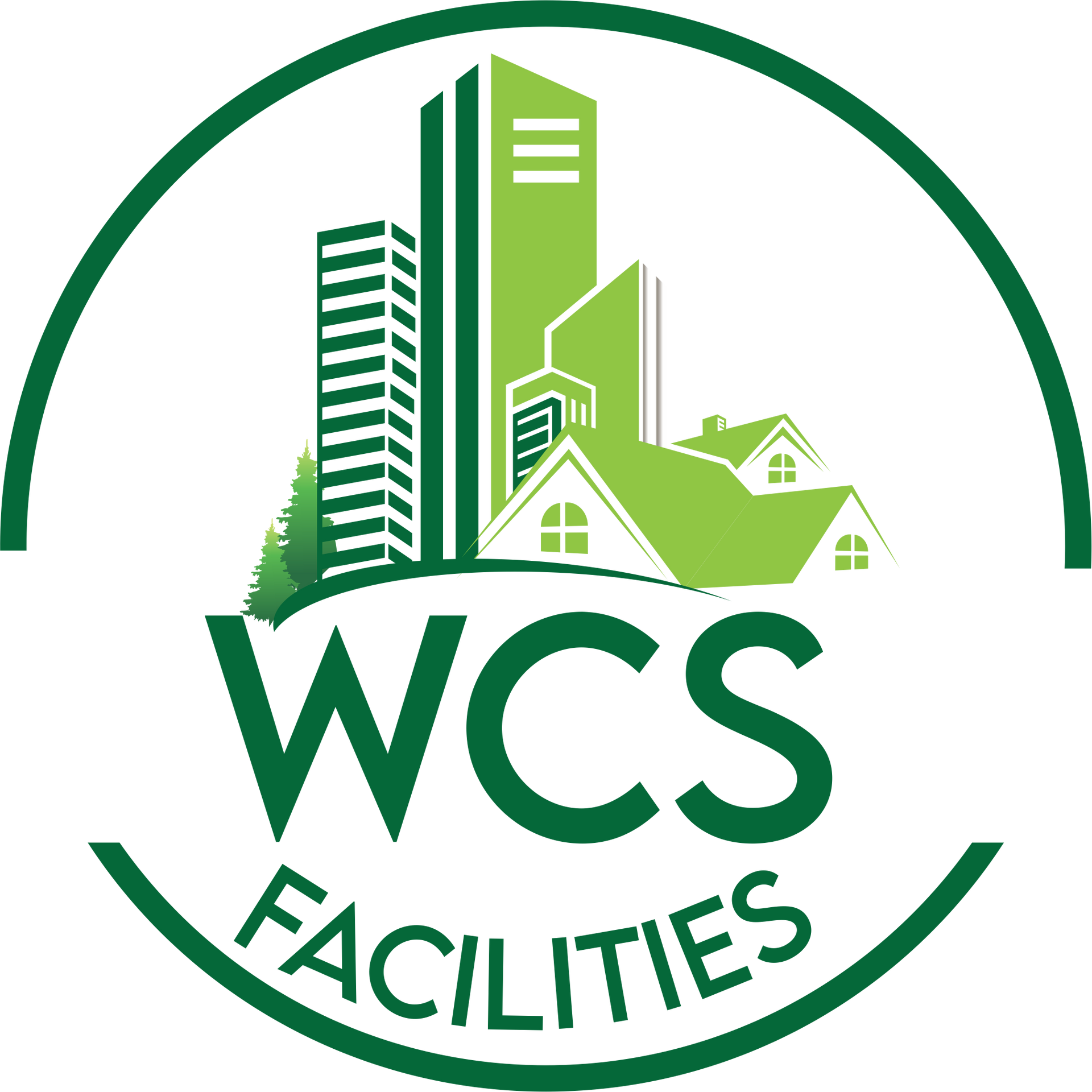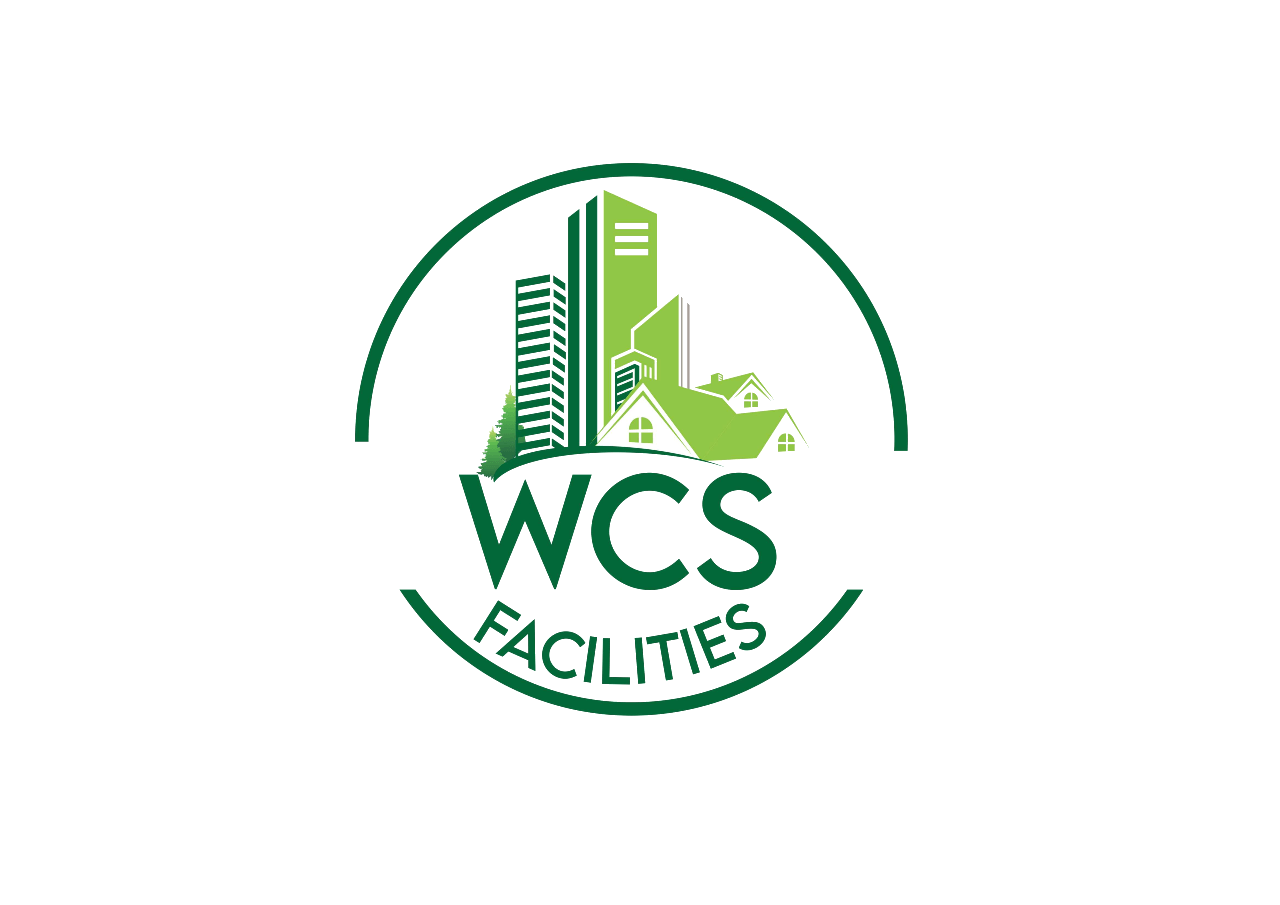Efficient Estate Cleanouts: How to Handle Junk Removal
When it comes to cleaning out an estate, it can be quite a big task. Whether you're downsizing, dealing with a family property, or just tidying up your place, one of the biggest challenges is dealing with all the stuff you don't need anymore. The last thing you want is for your space to become a mess of unwanted items. We're here to help you figure out how to efficiently deal with the junk when cleaning out an estate.
Emotions often run high during estate cleanouts because you're letting go of items with sentimental value. We get that, and our goal is to help you through it. In this guide, we'll cover the practical steps of dealing with different types of items, but we'll also talk about how to hold on to the precious memories and stories attached to them. So, let's dive into the world of estate cleanouts and learn how to handle the job with care and responsibility.
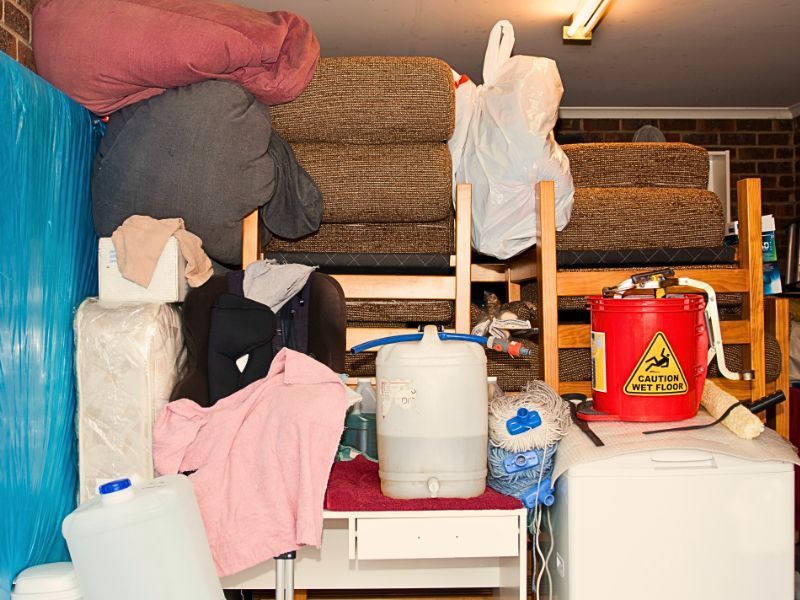
Common Types of Junk in Estate Cleanouts
Estate cleanouts usually involve many different kinds of items, each with its own set of challenges. Knowing about the common types of junk is the first step in getting rid of it effectively.

- Furniture: Old or damaged furniture can take up a lot of space. You can try giving away or selling the ones in good condition and recycling the rest.
- Electronics: Old electronics, like old TVs or outdated computer stuff, can be recycled safely at special places for electronic waste.
- Clothing: Sorting through clothes takes time but is important. Donate clothes that someone else could use, and recycle any that are too damaged to wear.
- Books: If you have a lot of books, think about donating them to local libraries, schools, or organizations that need them.
- Kitchen Appliances: If your kitchen appliances work, you might be able to sell them or give them away. If they're broken, you can recycle them for the metal parts.
6. Art and Decor: Valuable art and decor items can be sold at estate sales or auctions. For everything else, you can donate, recycle, or find new uses for them.
7. Household Hazardous Waste: Things like chemicals or paint should be disposed of carefully at special collection centers, not thrown in the trash.
8.
Mattresses: Most areas have places where you can recycle old mattresses, so make sure to check what's available in your area.
While going through these items, keep in mind to reuse and recycle to cut down on trash. This is a good way to handle estate cleanouts and helps protect the environment.
Tips for Sorting and Organizing During Cleanouts
Now that you know about the types of junk you might find, let's talk about some practical tips for sorting and organizing them efficiently.
- Group Your Stuff: Start by putting things into groups like stuff to keep, things to give away, items to sell, stuff to recycle, and things to throw out. This makes it easier to see what you have and what you need to do with it.
- Take It Slow: Don't try to do everything at once. Set small goals for each sorting session to avoid feeling overwhelmed.
- Sort Wisely: For things with sentimental value, you can create a "maybe" pile and come back to it later. Try to make quick decisions about items that don't have strong emotional ties.
- Clear Paths: As you sort, make sure you have clear paths through your space so you can move around safely without tripping over things.
- Give to Others: Find local charities, thrift shops, or shelters that accept donations. Some of them might even pick up large items from your home.
- Selling Stuff: You can use online platforms, local stores, or estate sales to sell valuable items. It's a good idea to check the prices before you decide how much to sell them for.
7. Recycling and Getting Rid of Junk: Contact local recycling centers, hazardous waste collection spots, and services that can pick up large items for proper recycling and disposal.
8. Get Creative: Think about how you can reuse items. You can refurbish old furniture or find new uses for vintage clothes.
9.
Storage Solutions: If you want to keep some things but don't have space, consider getting shelves, bins, or organizers to keep things tidy.
Conclusion
Efficient estate cleanouts require careful planning, organization, and a commitment to reducing waste. By following these tips for sorting and organizing, you'll be able to manage the daunting task of hauling away junk with ease. Remember, the goal is not only to clear your estate but also to minimize environmental impact by recycling and donating as much as possible.
So, take your time, make thoughtful decisions, and turn your estate cleanout into a successful, sustainable project that benefits both you and the community. Happy estate cleanout and
haul junk responsibly!
You might also like
